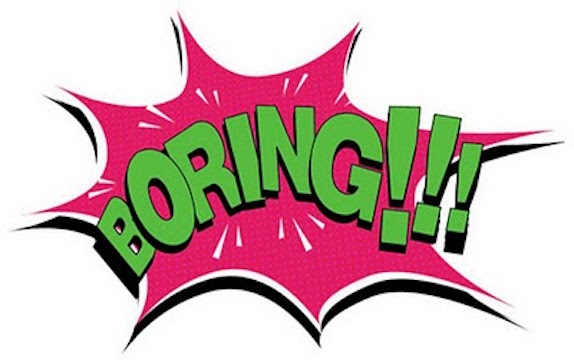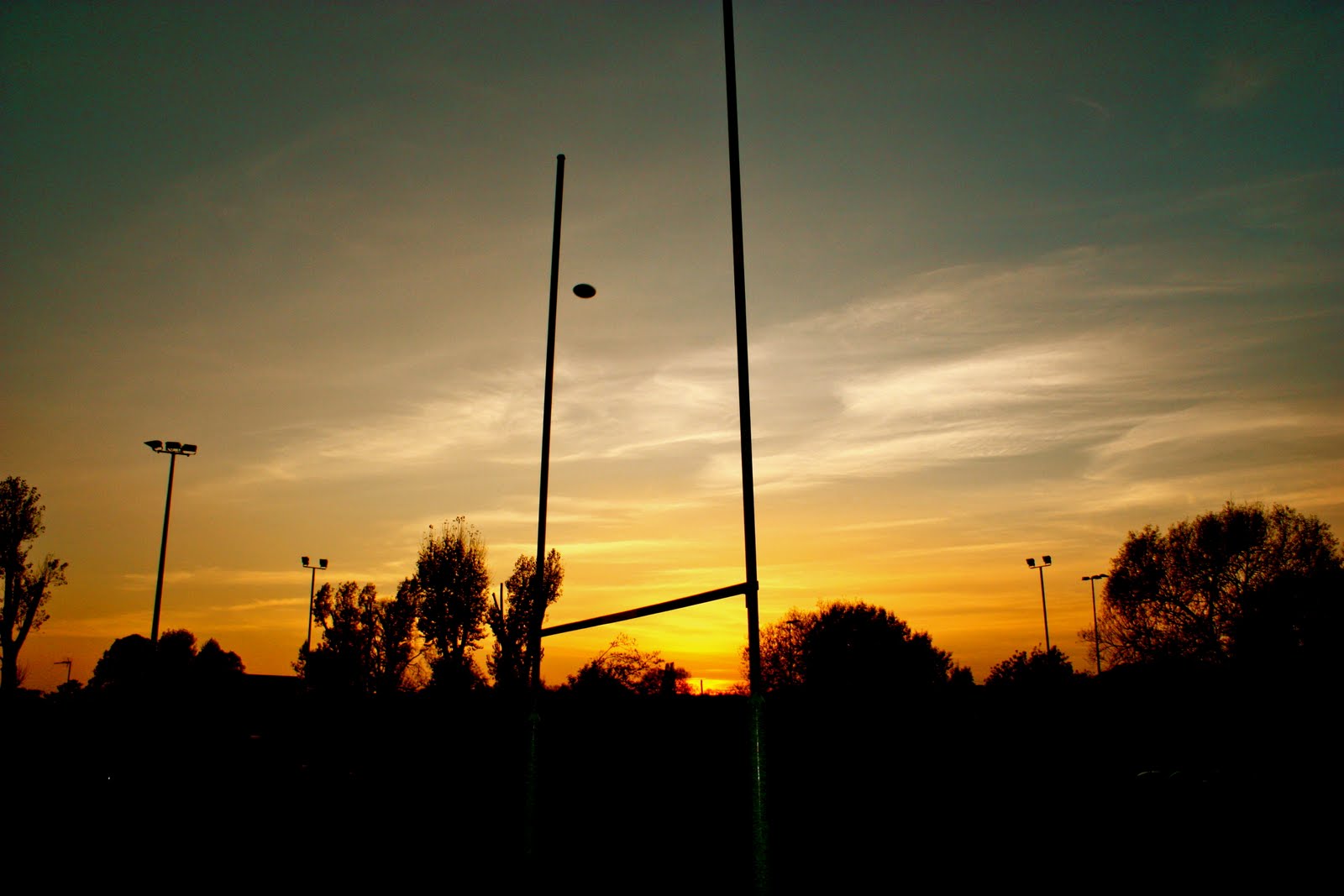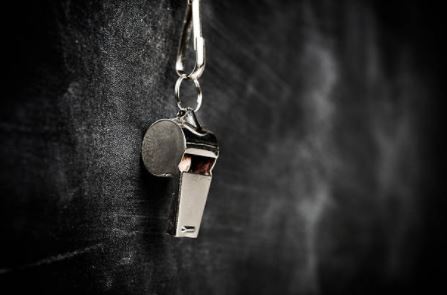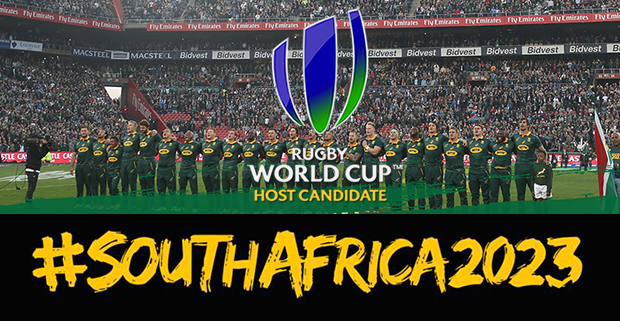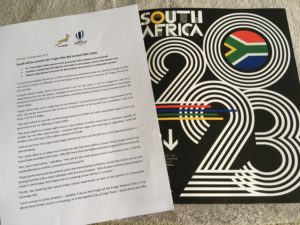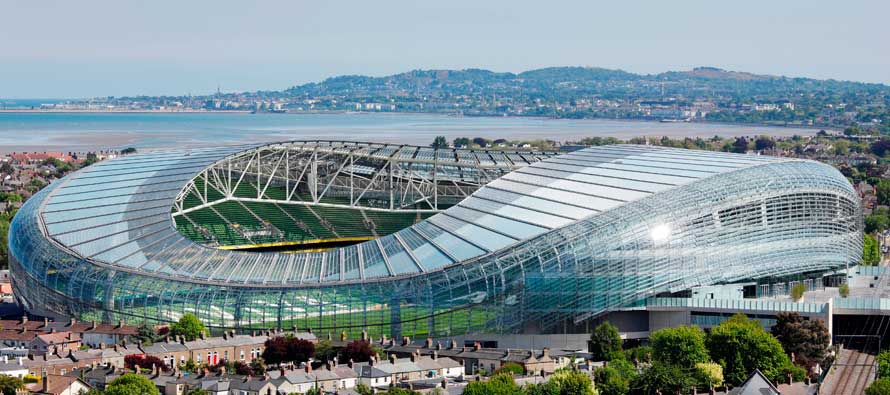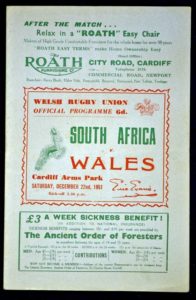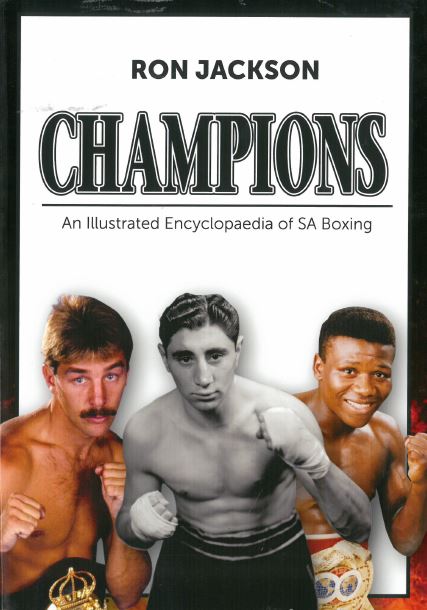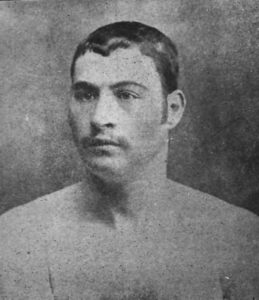Michael Cheika, the rugby coach, is a thoroughly unlikeable guy. He’s stroppy, confrontational and grumpy. Plus he’s Australian.
He’s also a refreshingly honest and authentic rugby bloke, as good an antidote as any to the banal world of press conferences and coach speak. Professional sport has much to answer for, and deadening public interaction is just one such consequence.
Most media conferences and post-match interviews are predictable, cliché-driven affairs, but Cheika is guaranteed to lob a couple of hand grenades when he holds court. Not for him the routine or expected. He wears his heart on his sleeve and must drive his media manager nuts when he veers off-message, which is most days.
Last weekend he was in trouble for appearing to mouth the words “fucking genius” when Michael Hooper’s try was disallowed against England, apparently referring to referee Ben O’Keeffe whose officiating was exotic, to put it mildly.
He later got into a strop with a television reporter who asked him about the incident.
World Rugby was none too pleased, although their ire was directed at Cheika’s suggestion that the referee wasn’t on the level rather than the language that turned the air blue when the TV cameras were on him.
The week before it was Eddie Jones’ turn. He lost his cool, also in the stands, and rhetorically asked, “How fucking stupid are we?”
Jones sheepishly apologised, although it was a fair question given how ordinary England were against Argentina.
There are two critical points that instantly come to mind. The first is that it’s refreshing to see a coach obviously care this much about his team’s performance. He fumes, he vents, he blows up. Bravo!
IIf a coach can’t mouth the words to vent his frustration, what’s he to do?
The second is that the sanctity of the coaching box is routinely invaded by the all-seeing eye of television. Like the corner of a boxing ring, where the language spoken by trainers to their boxers is often ribald and downright filthy, the coaching box is their “office”. Industrial language is often standard. If a coach can’t mouth the words to vent his frustration, what’s he to do?
Heyneke Meyer’s histrionics in the coaches’ box were legendary, clearly demonstrating how he endlessly had his heart in his mouth. He wasn’t one for cursing, but you were left in no doubt of his feelings.
Allister Coetzee’s style is merely to thump the table, which is encouraging. I far prefer that to the inscrutable style of Gregor Townsend or Steve Hansen. Their poker faces are world class. But who wants a coach with a poker face?
The last great entertainer in media conferences was Peter de Villiers. The nonsensical stream of consciousness with which he burst forth was remarkable, more so that he could do it week after week. He was also brutally honest, which made a change from the prevailing standard which is mainly safe and sanitised. Divvy had a thoroughly well-developed sense of humour, never a bad thing.
 Most media conferences are deathly dull for numerous reasons. The questions are lame, or the coach offers up drivel that is happily accepted. He isn’t challenged or forced to come up with a creative answer. The main reason, though, is they’re coached – or “encouraged” – by the higher-ups not to rock the boat. Which is why you get pearlers like “full credit to the opposition” or “there are no easy games in this competition”.
Most media conferences are deathly dull for numerous reasons. The questions are lame, or the coach offers up drivel that is happily accepted. He isn’t challenged or forced to come up with a creative answer. The main reason, though, is they’re coached – or “encouraged” – by the higher-ups not to rock the boat. Which is why you get pearlers like “full credit to the opposition” or “there are no easy games in this competition”.
Almost without exception, coaches would prefer not to front up. Root canal would be a more favoured option. They get little out of it and do it only because they must.
It’s little wonder one of the titans of the British sports writing industry once opined that the readers of his Sunday paper didn’t care what the coach had to say. “They buy it to read what I have to say,” he declared with no false modesty.
Don’t expect any of this to change any time soon. Teams and unions are wedded to the tradition and with elite athletes and coaches becoming increasingly disconnected from supporters, it’s one of the few hotlines that reporters have.
Just don’t hold out too much hope for any juicy morsels. Coaches like Jones and Cheika are outliers in an environment that adores shlock and political correctness.
Too damn bad. – © Sunday Tribune

